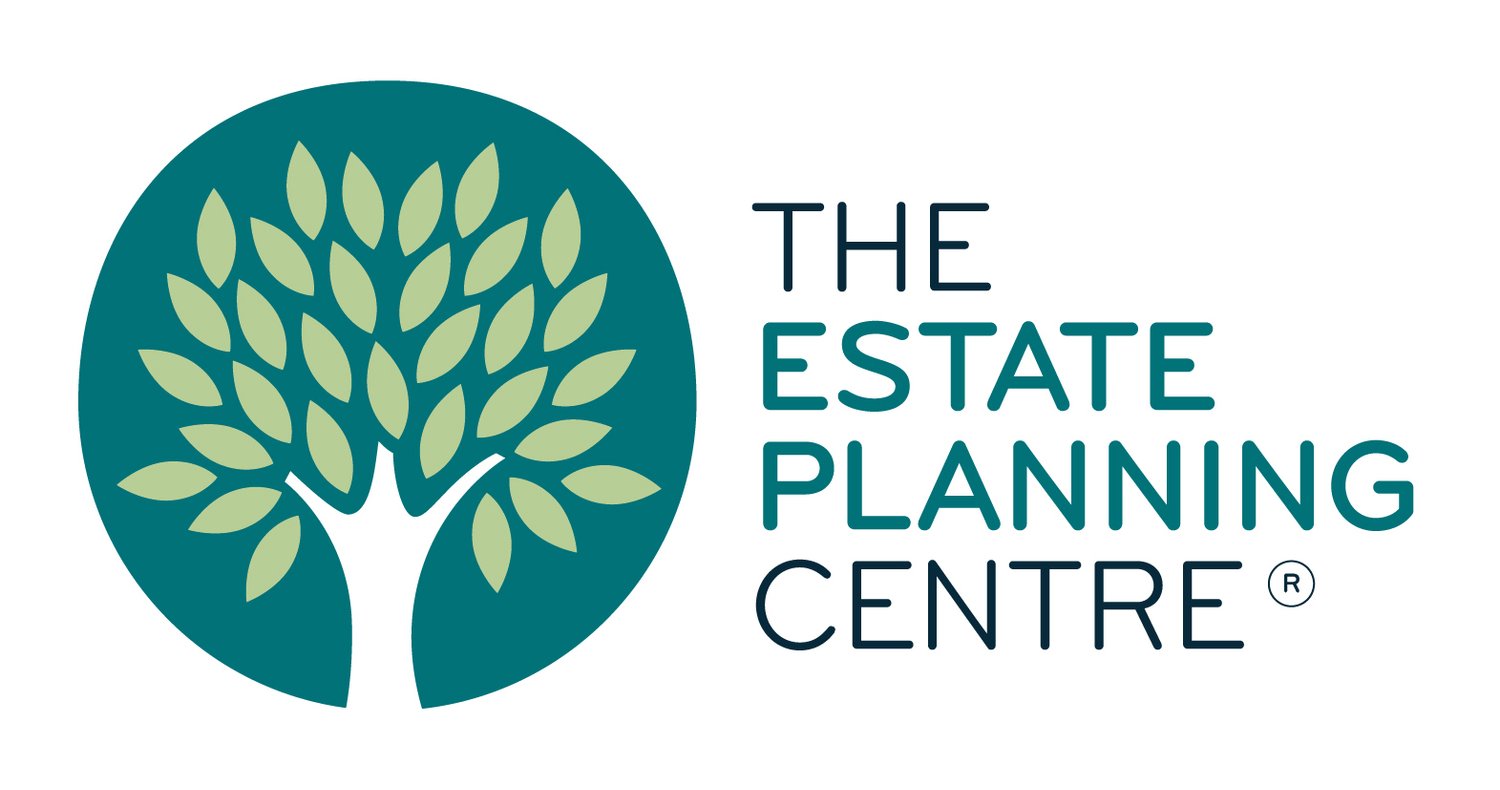Navigating Testamentary Trusts: Maximising Estate Planning in New South Wales, Australia
‘Testamentary trust’ is a catchword for estate planning lawyers. When used in the appropriate circumstances, testamentary trusts are an invaluable tool for optimal estate management. At The Estate Planning Centre, we regularly incorporate testamentary trusts into our clients’ estate plans to offer greater asset protection and tax benefits. But what is a testamentary trust? And should you set up a testamentary trust?
What is the difference between a trust and a testamentary trust?
A trust is a legal structure where a person (‘trustee’) manages assets for the benefit of another person/s (‘beneficiaries’). Trusts are a mechanism for controlled asset distribution. They are highly useful in circumstances where a beneficiary is considered too young or financially irresponsible to manage assets for their own benefit.
A trust may be established during a person’s lifetime for asset protection, taxation and income streaming purposes. These are known as ‘intervivos’ trusts or ‘in life’ trusts. Examples of these sorts of trusts are family or discretionary trusts. In contrast, testamentary trusts are created upon a person’s death via their Will. Testamentary trusts are distinguished from other trusts due to the unique tax benefits they offer and their usefulness in estate planning. If you are making a Will, it is important to consider whether a Will incorporating testamentary trusts can enhance your estate plan.
What is the difference between a simple Will and a Will incorporating a testamentary trust?
A simple Will, standard Will or ‘I love you’ will, as its name suggests, is a Will where the will-maker (‘testator’) sets out how their assets should be distributed upon their death. The testator appoints an executor who is responsible for administering their estate in accordance with the Will and outlines which beneficiaries (such as family members, friends or entities (such as charities)) will receive their inheritance.
When a person dies, leaving behind this type of ‘simple’ Will, their estate (any property or assets in their name) will be distributed directly to the beneficiaries as set out in the will.
A Will incorporating testamentary trusts (or 'Will with a testamentary trust') is a different sort of will. When a will-maker has a Will incorporating a testamentary trust, they gift their to their beneficiaries, for them to receive the assets via a trust.
Why consider a Will incorporating testamentary trusts instead of a simple Will?
The key advantage of testamentary trusts is their potential for tax efficiency and greater asset protection. The advantages of testamentary trusts include:
Asset protection: trust assets are held by a trustee, usually appointed by the testator for their maturity and financial competency. As the trustee manages the trust for the beneficiaries, any trust beneficiary who is unable to manage their own finances cannot misuse or waste the assets that would have otherwise been gifted outright to them by Will.
Greater control over inheritance: testamentary trusts give the testator greater control over how and when beneficiaries receive their inheritance; for example, you can specify that your minor children are not to inherit your estate before they reach the age of 18.
Protection from creditors and legal disputes: testamentary trusts provide an extra layer of asset protection from creditors and partners in case of a beneficiary's bankruptcy or relationship breakdown. If structured properly, trust assets do not constitute the assets of the beneficiary; consequently, they cannot be claimed by creditors or partners in divorce proceedings.
Tax benefits: In NSW, testamentary trusts allow for income splitting at individual tax rates, for minors to be taxed at adult thresholds, and for beneficial allocation of capital gains and franking credits.
Endurance: testamentary trusts can continue for up to 80 years from the time they are established, so they can benefit future generations in the family line.
Setting Up a Testamentary Trust
The process of setting up a testamentary trust starts with the creation of your Will. It requires a detailed understanding of your financial situation, family dynamics, and future plans – elements that make the involvement of an experienced estate planning lawyer crucial.
Upon your death, the executor of your Will applies for a grant of probate, the legal process confirming the Will’s validity. Once probate is granted, your testamentary trust is activated, and assets designated for the trust are transferred under the trustee's control to be distributed to beneficiaries according to your instructions. Clearly, it is important to choose a trustworthy and capable trustee, as they will oversee the management and distribution of the trust assets.
The Importance of an Estate Planning Lawyer
Incorporating testamentary trusts into your Will is a strategic move to safeguard your assets and loved ones. However, estate law can be complex and a poorly constructed testamentary trust can invite family disputes and litigation. Therefore, it is crucial to consult an estate planning lawyer as you build your estate plan.
At The Estate Planning Centre, we are committed to guiding our clients through the intricacies of testamentary trusts. We ensure that each client understands every step of the estate planning process, empowering them to make informed decisions that reflect their intentions and protect their family’s future. We prioritise asset protection and tax minimisation, enabling the efficient transfer of wealth to trust beneficiaries.
In particular, we love to work with blended families to prevent estate disputes and litigation. By clearly outlining the conditions of any testamentary trusts in your Will, we can help avoid misunderstandings, protecting your legacy and preserving familial harmony. Additionally, if you're concerned about immature beneficiaries, we can structure the testamentary trust to provide for their needs responsibly, protecting them from any potential harm.
If you would like to inquire further about testamentary trusts, or commence building your estate plan, we invite you to book a complimentary appointment with one of our expert estate planning lawyers using this link.
By Jaime Dunn
